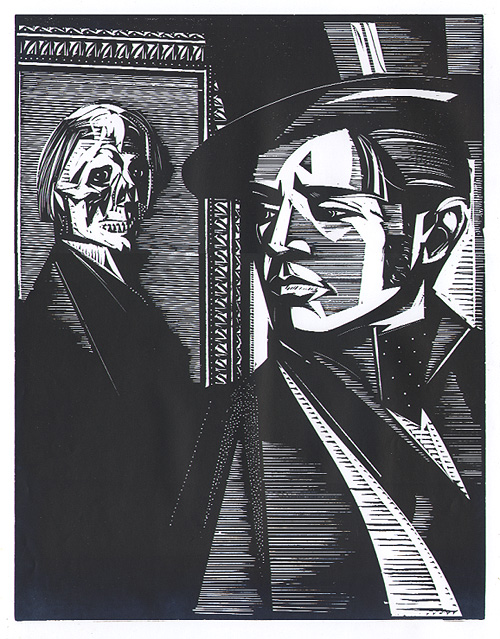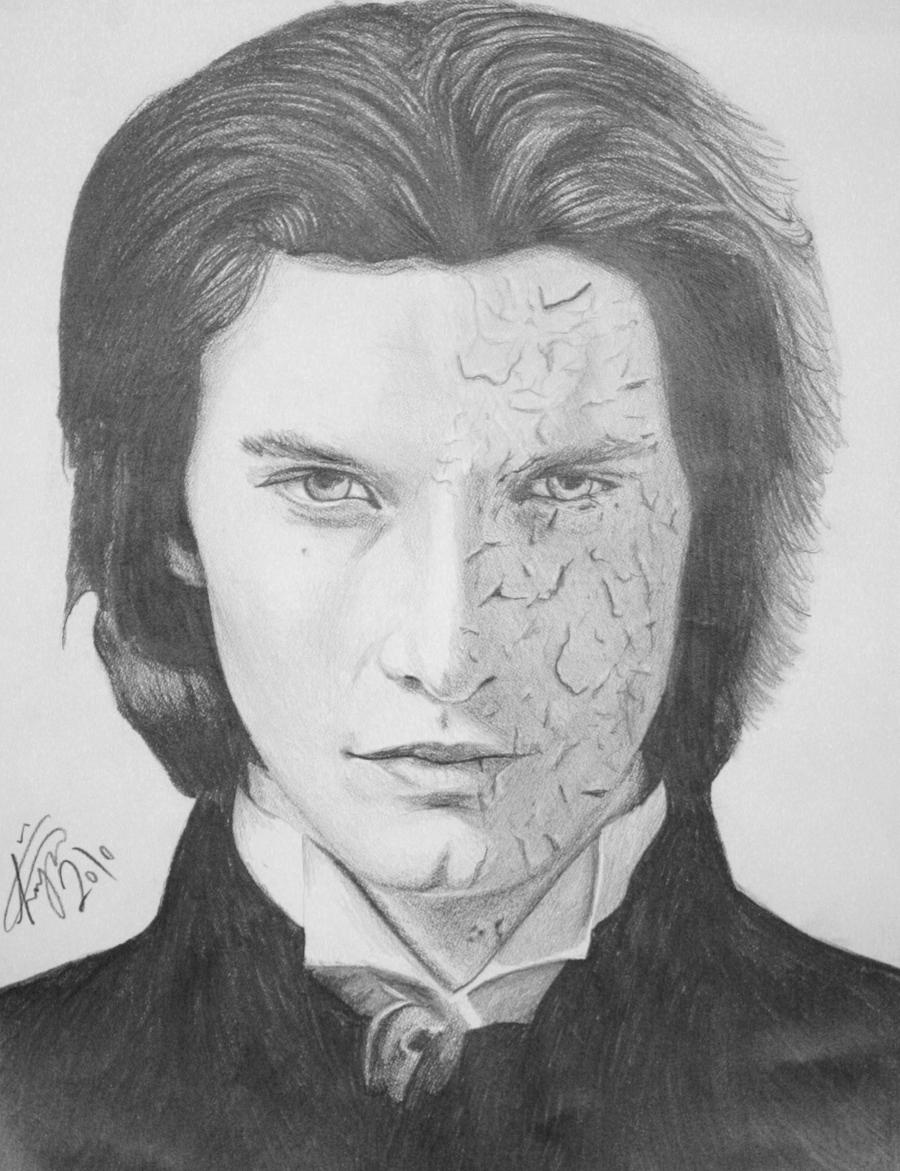Arthur C. Clarke is known for his dedicated research and devout worship of all things science in his books as much as he is known for eventful, mind-boggling “getaway” endings that attempt to lose the reader. I made the second half of that sentence up but most people I know of who watch his movies/read his books agree with it, so let us move forward.
I love this guy. And I am very glad one of my friends recommended him for this month’s (January, actually) book club item; whereby “recommend” I mean I berated him for not having enough recommendations to bring to the party and promptly told him I’d have no more input into his career, education or personal life unless he toss in the fifth of my four recommended books into the list (I’m exaggerating, I will freely admit. It was the 7th of four books I was allowed to add to the list of our Book Club. Bratty much?) and we all agree to read it.
That being said, everyone in the group seems rather thankful it made its way into the list. It was recommended as a book for “people who like Arthur C. Clarke before he got weird” and I interpret that as “before his writing got real shitty,” which some of his later books definitely are. It represents the last of an era of greatness for Clarke (again, according to people whose opinions on which I rely), and was written in 1979. Keep that year in mind if you pick up any other books of his. Think of it as Pre-Sequels-to-Space-Odyssey-and-Other-Crap.
This one is really great though, I thoroughly enjoyed it. The main character is an engineer, so BOOM, it is a favourite of mine already. Not merely an engineer but a damn experienced one, and Clarke knows much about the field, more than people who work alongside engineers, I might add (for those of you who don’t know me on a personal level, I am an engineer. A shit one, granted, but one that understands, however poorly, the requirements of the field).
Clarke absolutely nails the thought process of the engineer and his attitude toward others. Ambitious, always hoping the next project is bigger than the one before, doing more to ensure it is well funded, innovative, safe, aggressive and unique, and best of all, well-funded. He even goes so far as to pointing out, upon hearing about the economic implications/impacts of his greatest project: “You don’t need to explain economics to me, I’m an engineer.” I believe it is a conversation with an accountant. Which is exactly right, for most us in the engineering field. Not that there is any hard feeling between us and accountants (which, of course, there are), but that we are scolded/praised so much by the powers that be on the value of all of our innovations, that by now we are experts on the economics of each solution to each problem. Granted, we still miss a few things, but in the big scope, we have all had enough feeback and criticism by upper-management to cover our collective asses.
Other things I loved about this book: Starglider. A supermassive, hyper-intelligent data gathering satellite that comes through to make contact with any and all life forms/life sustaining planets! Could you just imagine the possibilities? It can learn new languages rapidly and thereby easily communicate with us. Oh the things we’d tell it! Turns out we send it, straight away, the Encyclopedia Britannica and a few other bits. Then we let philosophers talk to it and it promptly talks down to us on the basis of religion, which made me re-think my Amazon.com Wishlist queue of “The Summa Theologica by St. Thomas Aquinas”. I mean read the damn book because I can’t sum it up in a funny way for you, but trust me, aliens arguing our “God” with us is funny. Funny is capped off by hilarious when the humans realize their religious views make them look like violent cukes, potentially, and then further come to the realization that, “SHIT! It’s too late to ask for the Encyclopedia Britannica we sent up back!”
What I like about this book is that is has a great pace, almost like a good movie, but ties in science, engineering, made-up history and religion in all the ways I appreciate in a good book. Religion, especially that of “this is sacred ground” all too often impedes the progression of important scientific research. I see it often with the monumentally large binocular telescope atop the mountain in my backyard (Google Mt. Graham Large Binocular Telescope and I bet half the articles of the first few pages are dedicated to Anti-Observationalists’ propaganda). But there are ways to defeat religion with logic, and this one happens in such a way that you do not have to feel the dirty capitalist project engineers unfairly exploited the environment. Things just needed to move on, and they happened from the inside out for the pilgrims. Plus some needling from aliens.
My favourite quote of all during the book, however, was when the engineer is trying desperately to reach a crew of scientists working from space back down towards Earth on the tower as it descends through space to reach the atmosphere:
“If Morgan had been able to pray, he would have done so.”
That sentence said so much to me about hope, hard work, science, logic and reason, and religion.
All in all, an absolutely wonderful and fun book. Its non-linear fashion of writing is a reminder to me of what makes a great author. The immense amount of science and research put into it also reminds me of how some Sci-Fi authors refuse to half-ass their fantasy worlds. And lastly, the imagery in this book during all the activity, when described rather in-depth by Clarke, is beautiful and makes me proud of our accomplishments and knowledge gained in the time since its writing.




